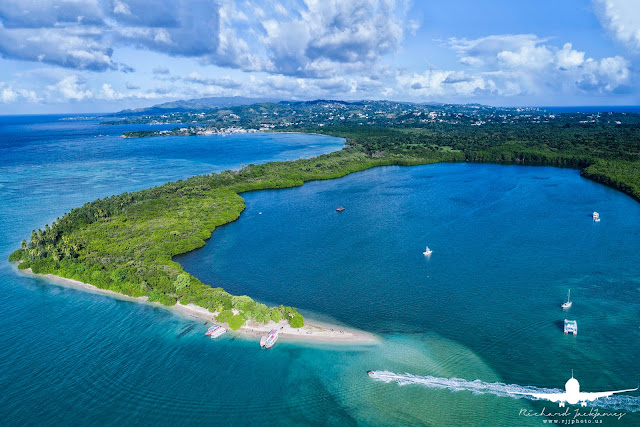A shark sanctuary for Tobago

According to the recent study of the Global Status of Reef Sharks, Tobago supports a higher than average number of shark species. Dr Anjani Ganase asks us to take note and institute measures to protect and conserve this diversity. A recent study on the global status of reef sharks has finally been published and confirms that reef sharks have a long history of heavy over exploitation. The study surveyed coral reefs from 58 countries around the world, including 18 in the Caribbean region. These surveys show that about 20 % of the reefs surveyed were devoid of reef shark species; these included the Dominican Republic and Colombia. Areas with lower shark numbers were more commonly associated with greater fishing pressures because of high local human population densities, as well as poor governance and management of shark fishing. The study also revealed which factors contributed to areas with an above average number of reef sharks. These factors include regulation on the restricted u...



